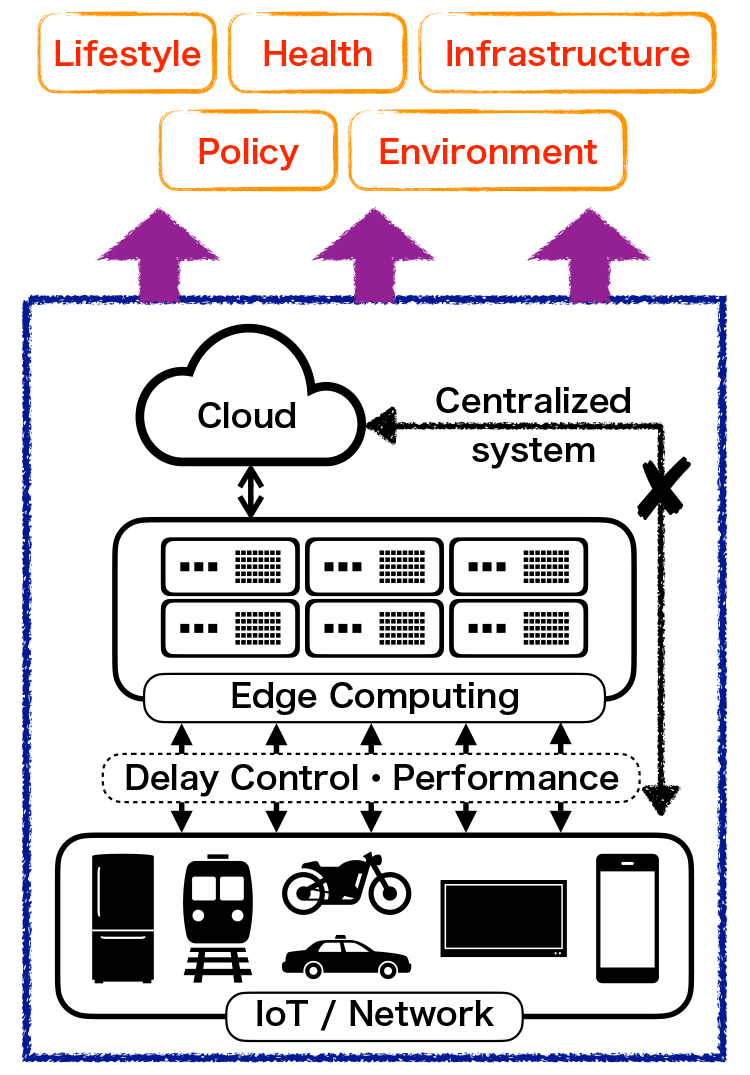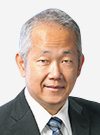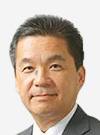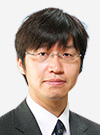IoT & ICT Research Unit
- KEYWORDS
- Big Data
- Cloud
- Edge Computing
- 5G
- IoT
Although a wide variety of cloud services are offered by information technology (IT) companies such as Google, Apple, Facebook, and Amazon (GAFA), the Internet network environments in metropolitan areas can be expected to change dramatically in the future due to the global introduction of various services based on 5G and edge computing technologies. In this coming era, operation management and reliability assessment will become even more important for controlling local infrastructure under cloud service and edge computing conditions. Furthermore, while 5G, cloud, and edge computing are certain to be useful for many people in metropolitan areas, system failures by those technologies may result in private information leakage and various other damaging consequences. Therefore, appropriate cloud service management technologies based on edge computing and 5G are important for maintaining the conveniences we now expect in our daily lives. Hence, when considering the potential of future super-smart societies based on edge computing, it is clear that maintenance technologies and related services will be important for controlling information infrastructure. With those points in mind, our research unit focuses on problems related to infrastructure, the environment, lifestyle, and health as they pertain to the maintenance and assessment of edge computing.

Research staff
Professor, Unit Leader
Cloud, IoT Network, Workload Measurements

Professor
Wearable Devices, Wireless Power Transfer, Edge Devices

Lecturer
AI Chip Design, Hardware/Software codesign, High-Level Synthesis

Research Themes
- 1. IoT & ICT for super-smart society
- 2. Large-scale fault data analysis of cloud software
- 3. Power transmission control for sensor devices
- 4. Maintenance technologies for computing infrastructure
Introduction
At present, there are a variety of problems in terms of the infrastructure, environment, lifestyle, and health conditions of metropolitan areas. With those problems in mind, we propose the new approach based on data-driven analyses to consider super-smart cities as follows:
- ● Management for computing infrastructure
- ● Development of innovative IoT services
Purpose
We propose innovative assessment methods in terms of edge-cloud computer resources, operating systems, applications, and stochastic models, etc. In particular, we note that it is difficult to assess the service quality and reliability of edge computing because of its complex structure in terms of processing units, memory, and storage. Accordingly, our research is intended to propose quality and reliability assessment methods for edge-cloud resources that use approaches based on AI, stochastic models, and power transmission alternatives for sensor devices.
Features
Considering the objectives of the IoT & ICT research units for super-smart cities, our research unit has the following three sub-themes:
- 1. Large-scale fault data analysis of cloud software
- 2. Power transmission control for sensor devices
- 3. Maintenance technologies for computing infrastructure
We propose assessment methods based on the analysis technologies of big data, Smart Sensor One, and Cloud Maintenance One sensors by fully comprehending the internal complex dynamics present in super-smart cities.

